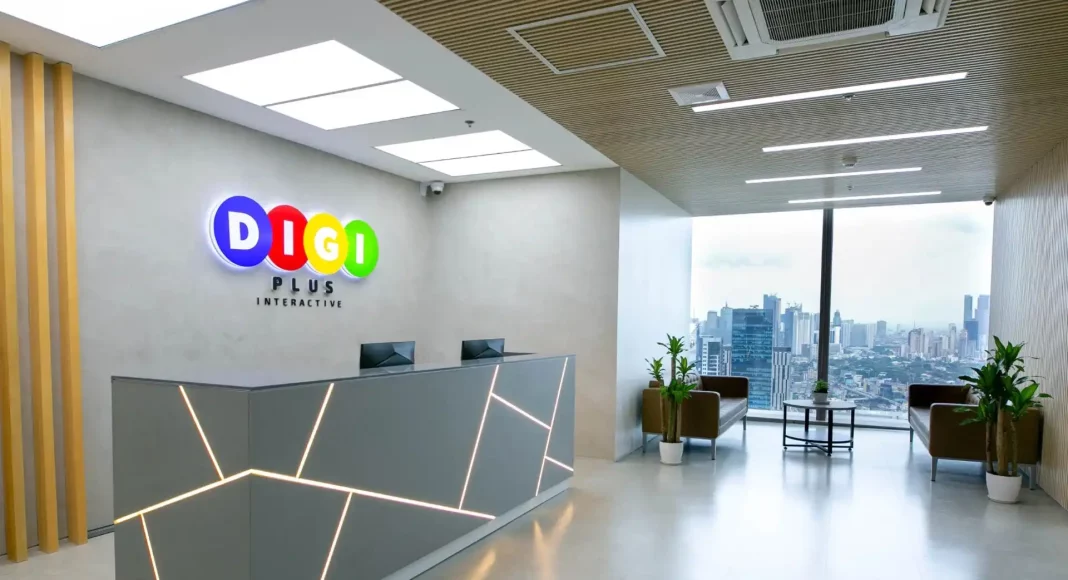
Recent reports indicate that DigiPlus Interactive Corp. has become the frontrunner in talks to acquire Melco Resorts & Entertainment’s 50% stake in City of Dreams Manila, the integrated resort jointly owned (via Belle Corp, with the Sy family controlling Belle) and currently operated by Melco. Melco had earlier in 2025 entered what it described as a strategic review—its “asset light” plan—to explore divesting its interest in the resort.

While Bilyonaryo, a local Philippines business media outlet, reports that DigiPlus has been negotiating with Melco for several months over this potential transaction, DigiPlus itself has publicly clarified that no definitive agreement has been reached. A letter to the Philippine Stock Exchange similarly states that the company continues to evaluate potential acquisitions “that may complement its existing digital assets,” but there is no confirmation that City of Dreams Manila is a specific target.
DigiPlus is a leading digital entertainment and gaming company in the Philippines. It operates several brands including BingoPlus (digital bingo & live-streamed bingo), ArenaPlus (sports betting), GameZone, and more. The company has aggressively expanded its reach: launching new platforms, growing its digital user base, and even preparing to enter international markets like Brazil with its GamePlus launch. Acquiring a major land-based resort like City of Dreams Manila would mark a strategic shift, giving the company not just virtual/digital assets, but a physical footprint in one of the Philippines’ marquee IRs (Integrated Resorts). It could serve as a hub for hybrid operations (digital + land-based) or a content / broadcasting base, especially given regulatory pressures in the digital gaming space domestically.

The timing of this potential deal is influenced by broader regulatory trends in the Philippines. Online gaming has been under increased legislative scrutiny, with calls for tighter regulation and even discussions about curbs or bans on certain forms of iGaming. For DigiPlus, diversifying into land-based assets could help hedge against risk from regulatory changes, especially if digital operations face tighter constraints. Additionally, foreign travel and tourism patterns (e.g. from key source countries) and competition among IRs in Manila make owning part of a successful, large-scale resort attractive. Melco’s desire to lighten its asset base and focus on less capital-intensive ventures further opens the opportunity.
Key next steps to monitor include: whether DigiPlus will proceed to due diligence or sign a letter of intent; how much Melco is asking for the stake; any regulatory approvals required (both from gaming regulators and possibly local authorities); how DigiPlus plans to finance such an acquisition; and whether there are competing bidders. Also worth watching is how much this move might impact DigiPlus’s valuation and stock price, investor sentiment, and how their existing digital brands integrate (or might be leveraged) with a casino-resort asset.
If the acquisition goes through, it could reshape the landscape of gaming in the Philippines—merging digital capabilities with land-based scale. Whether that becomes reality remains to be seen.

 Content Writer: Janice Chew • Monday, 25/09/2025 - 15:25:44 - PM
Content Writer: Janice Chew • Monday, 25/09/2025 - 15:25:44 - PM